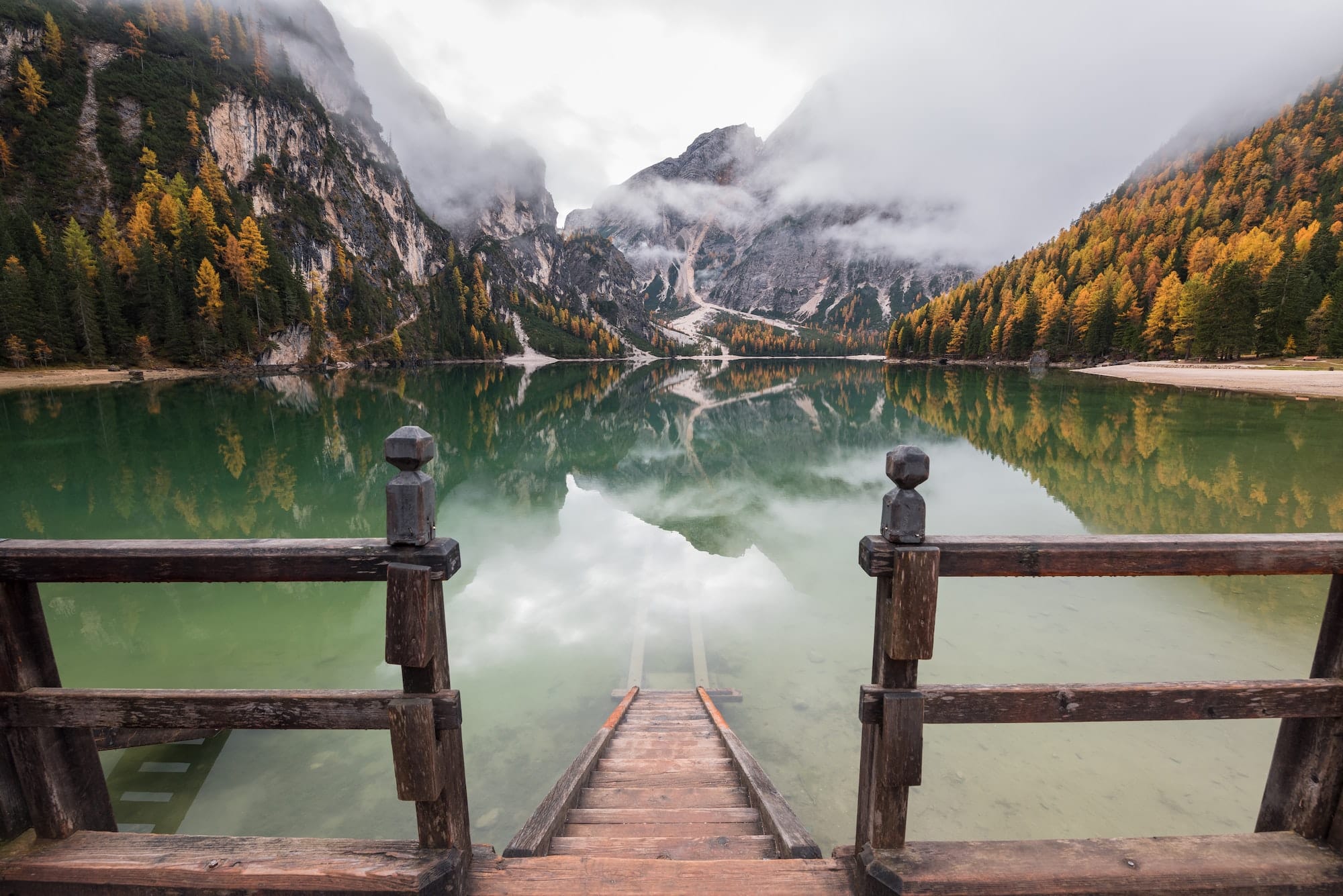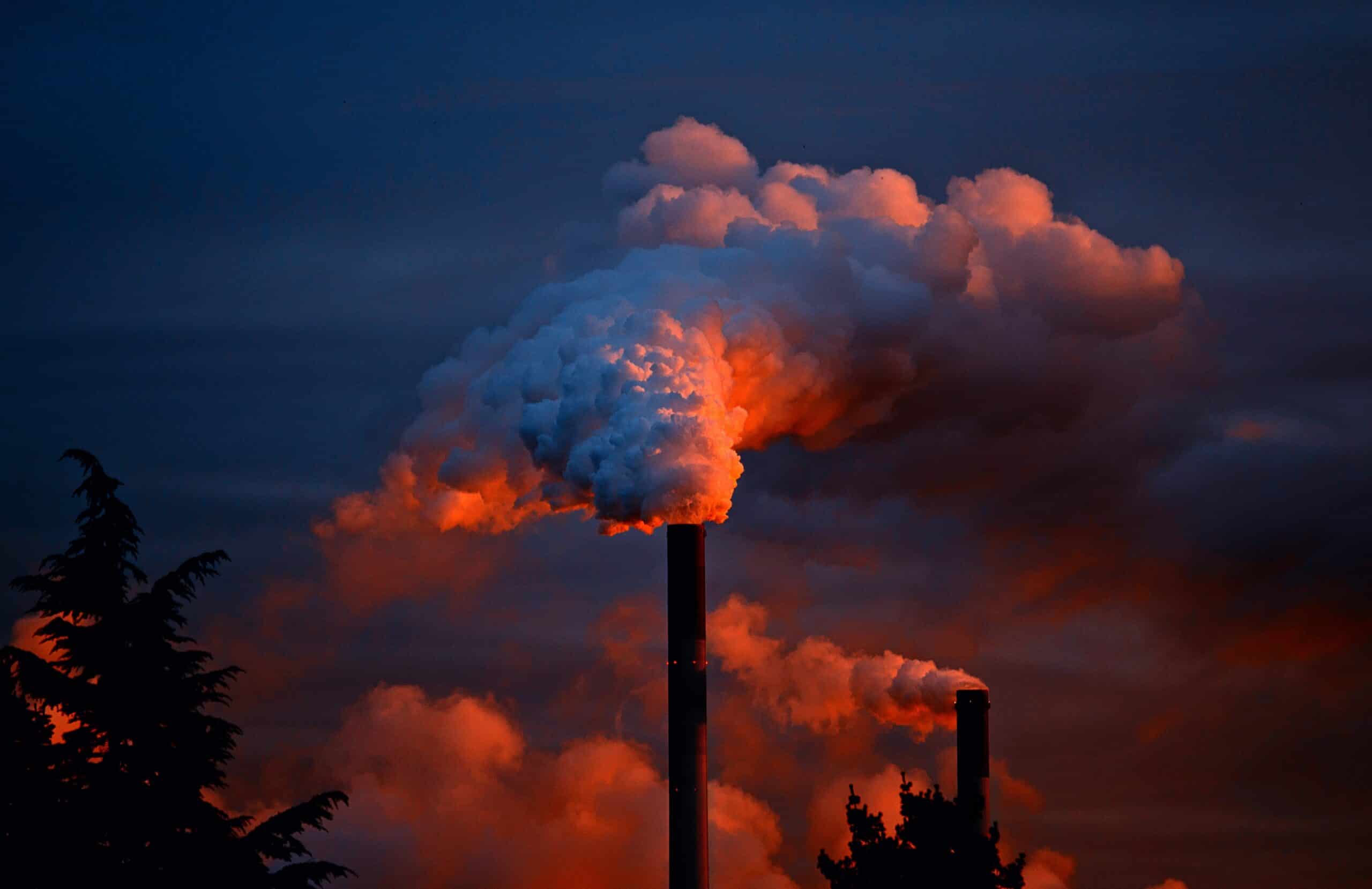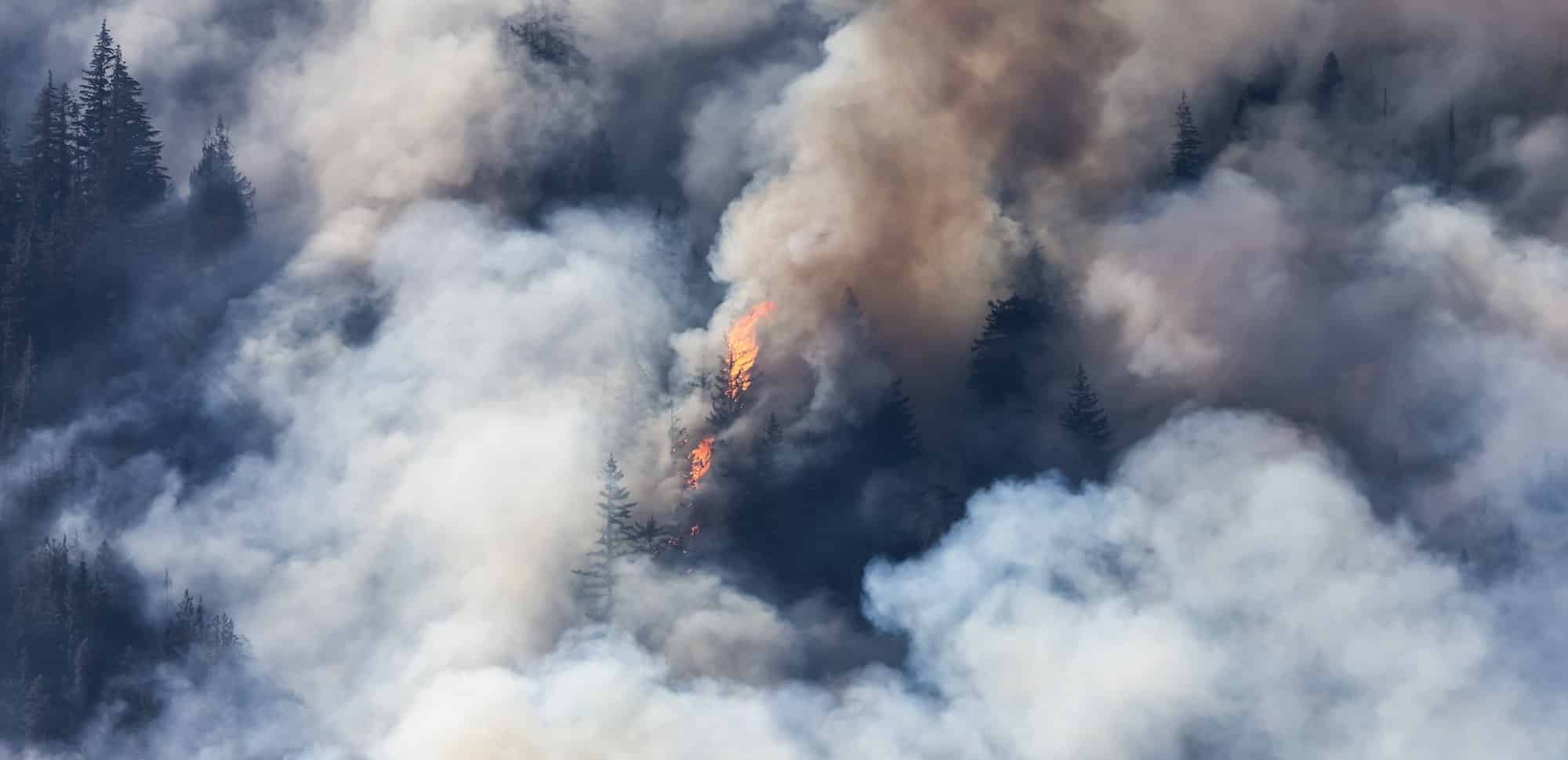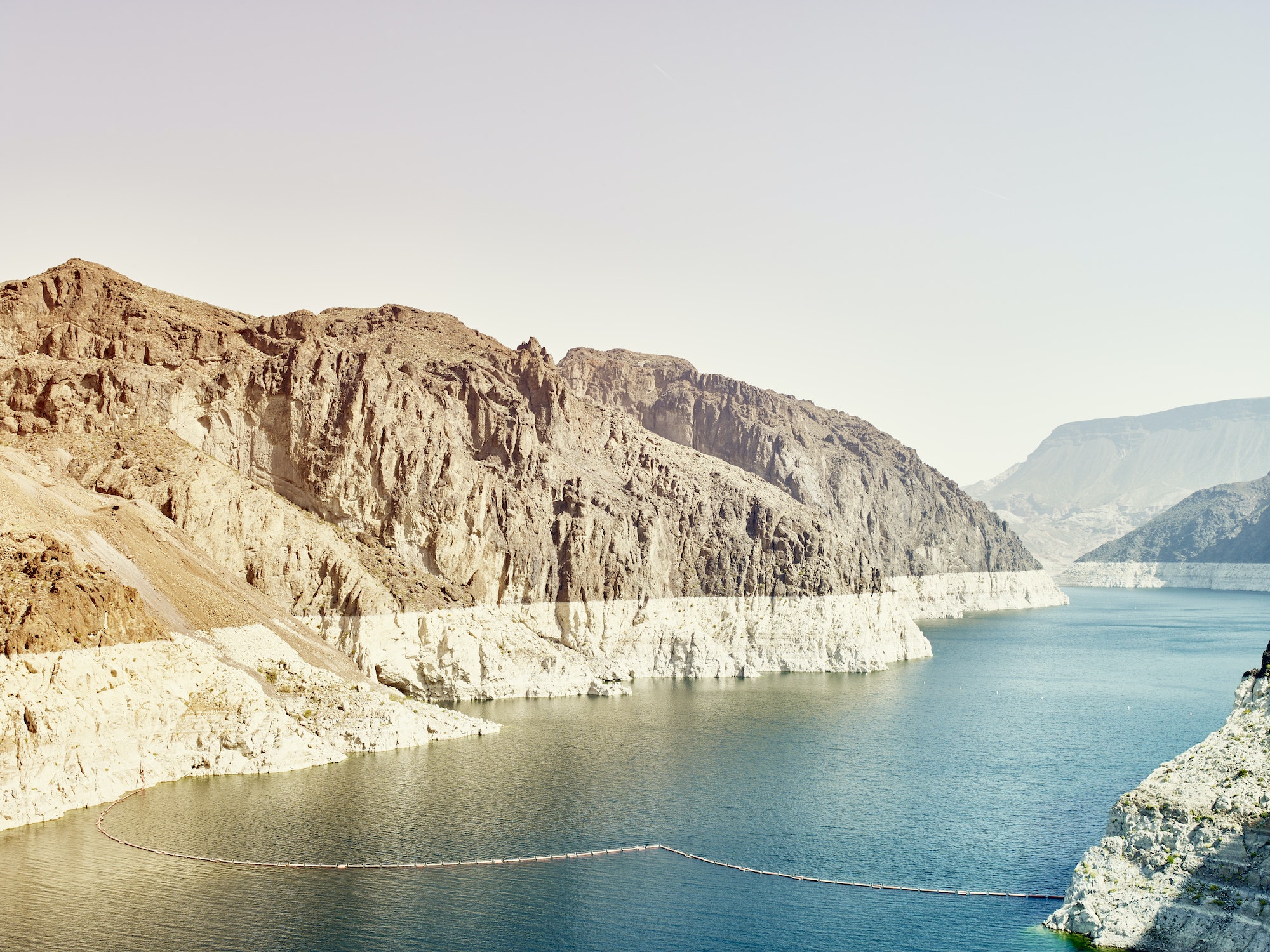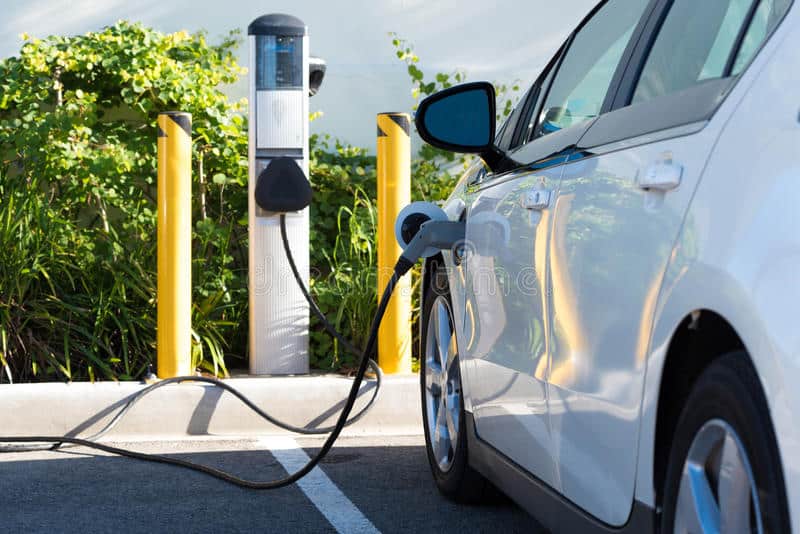Fossil Fuels are decomposed plants, animals, and particles found in the earth’s crust. It has taken millions of years for these fossils to be as carbon rich as they are, so the human race uses them to their advantage. Fossil fuels have already been powering economies for over 150 years, but there is much concern over burning fossil fuels and contaminating the earth.
There are a few different kinds of fossil fuels: coal, oil, and natural gas, which all hold different uses. These nonrenewable resources are mostly used for heat and transportation, and risk an increased demand as the population increases.
Fossil Fuels supply 80% of the earth’s energy. When these fuels are burned, they pollute the atmosphere with carbon dioxide, and further increase greenhouse gas emissions. These three fossil fuels are the primary cause for climate change on the earth, as heat and CO2 get trapped in the atmosphere from their emissions.
It’s no surprise that air pollution is unsafe, and causes irreversible damage, but children, infants, and pregnant people are most at risk. Many individuals who are already economically at a disadvantage, fall under these categories as well.
Burning fossil fuels for energy and transportation has absolutely polluted our atmosphere. In fact, billions of tons of carbon dioxide, and 120 million metric tons of methane are emitted into the air every year. From 1950-2020, carbon dioxide emissions from fossil fuels went from 5 billion metric tons, to 35 billion metric tons.
Fossil fuel emissions are changing our atmosphere, as well as the earth’s surface temperature. The surface temperature of the earth has changed by 2 degrees fahrenheit, and is expected to increase as more emissions pollute the air, yet there are things we can do to stop the rapid increase. Looking towards solar energy is one way to slow down greenhouse gas emissions, and fossil fuel usage.
With the temperature of the earth rising, this leads to many environmental factors, as well as habitual factors. Heat waves, floods, and hurricanes have occurred more frequently due to climate change. In extreme cases, heat waves can cause death, or extreme sickness, especially in parts of the world where individuals are in an unstable economic status. Risks from extreme weather events are much worse in countries of lower income, especially for children and pregnant persons. One in three children live in climates such as these.
Another cause of fossil fuels on the environment is the frequency of wildfires and forest fires. Wildfire smoke is lung damaging, especially to at risk individuals. Airborne pollen from these fires also causes more allergies. Fossil fuel emissions also cause droughts to occur. Droughts pose a threat to the food and water supplies. Climate change related droughts have occurred in Central and South America, Afghanistan, Asia, Australia, Sub Saharan Africa, and even the SouthEastern United States. In developing countries, food insecurity has led to an increase in malnutrition in individuals. Malnutrition stunts growth, and slows mental rate. Many individuals in high poverty areas are getting hit worse by the effects of climate change.
Climate change can also be associated with several diseases including malaria, zika virus, and lyme disease. Climate changes cause animals and insects carrying these diseases to move out of their home areas, and migrate towards other populations. Since the earth’s temperature has changed, more cases of lyme disease have been reported. Air pollution is both an asthma trigger, and a cause of first time asthma, air pollution leads to more respiratory and lung infections. Exposure to air pollution can cause extreme birth defects and even infant loss, in utero.
Although all of these issues presented due to burning fossil fuels did not occur overnight, we can put a stop to these harmful emissions that are both changing the earth’s surface and affecting the human race. Overtime, the presented issues will only worsen if alternatives to burning fossil fuels are not utilized. As a race, we must work towards using wind power, solar energy, and nuclear power to combat the damage we have done, and work towards supporting these energy alternatives in our daily lives.

